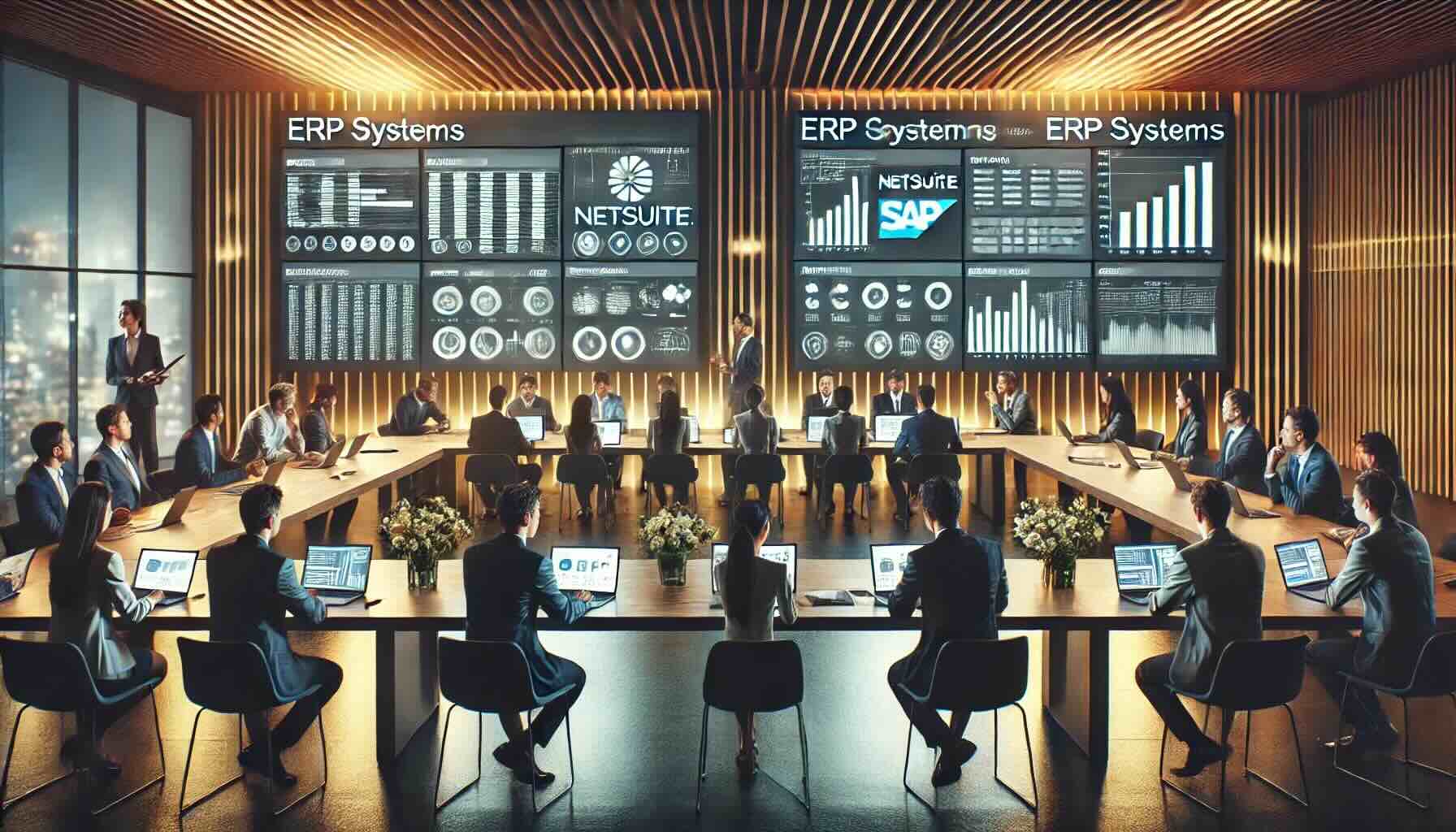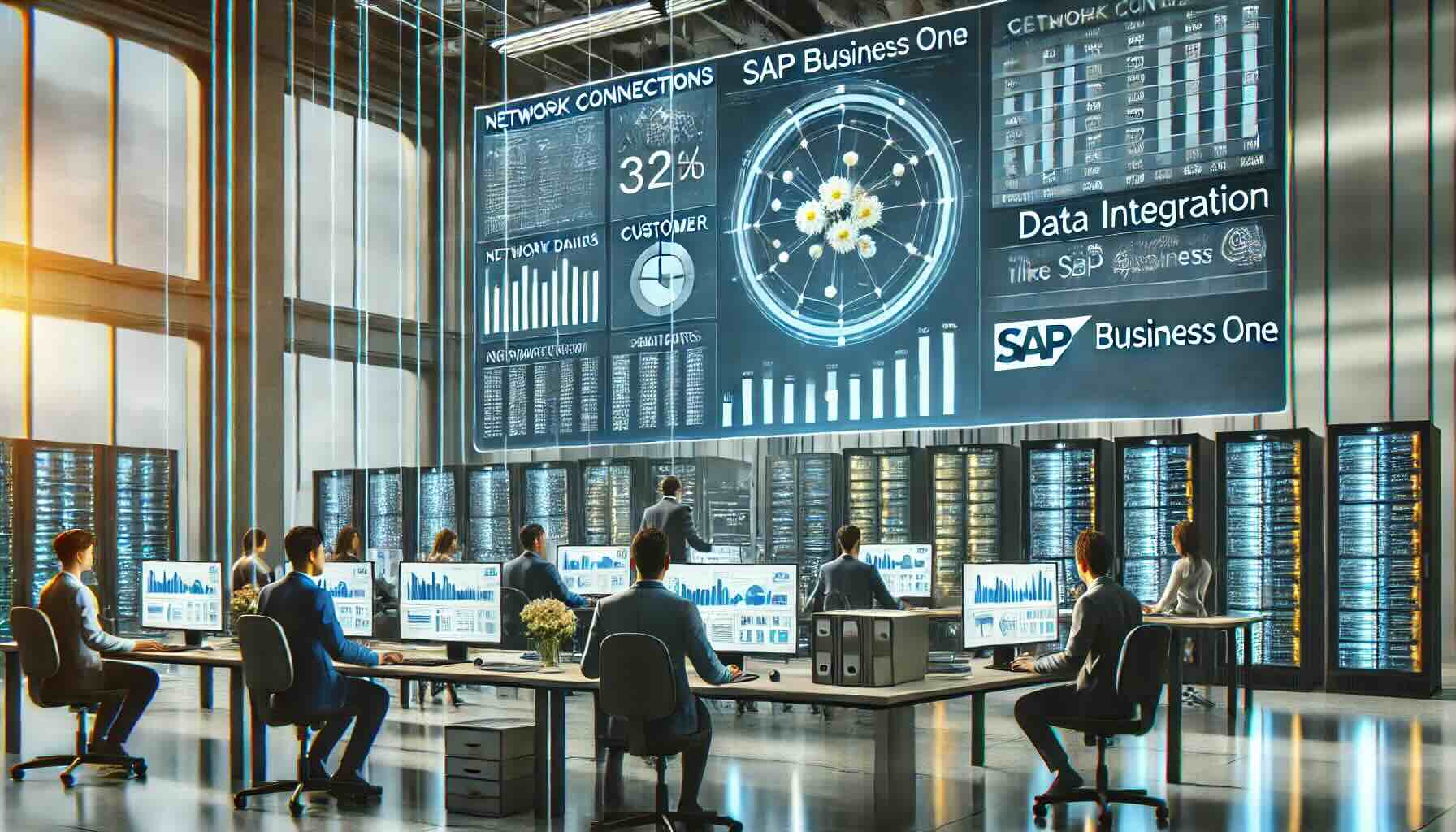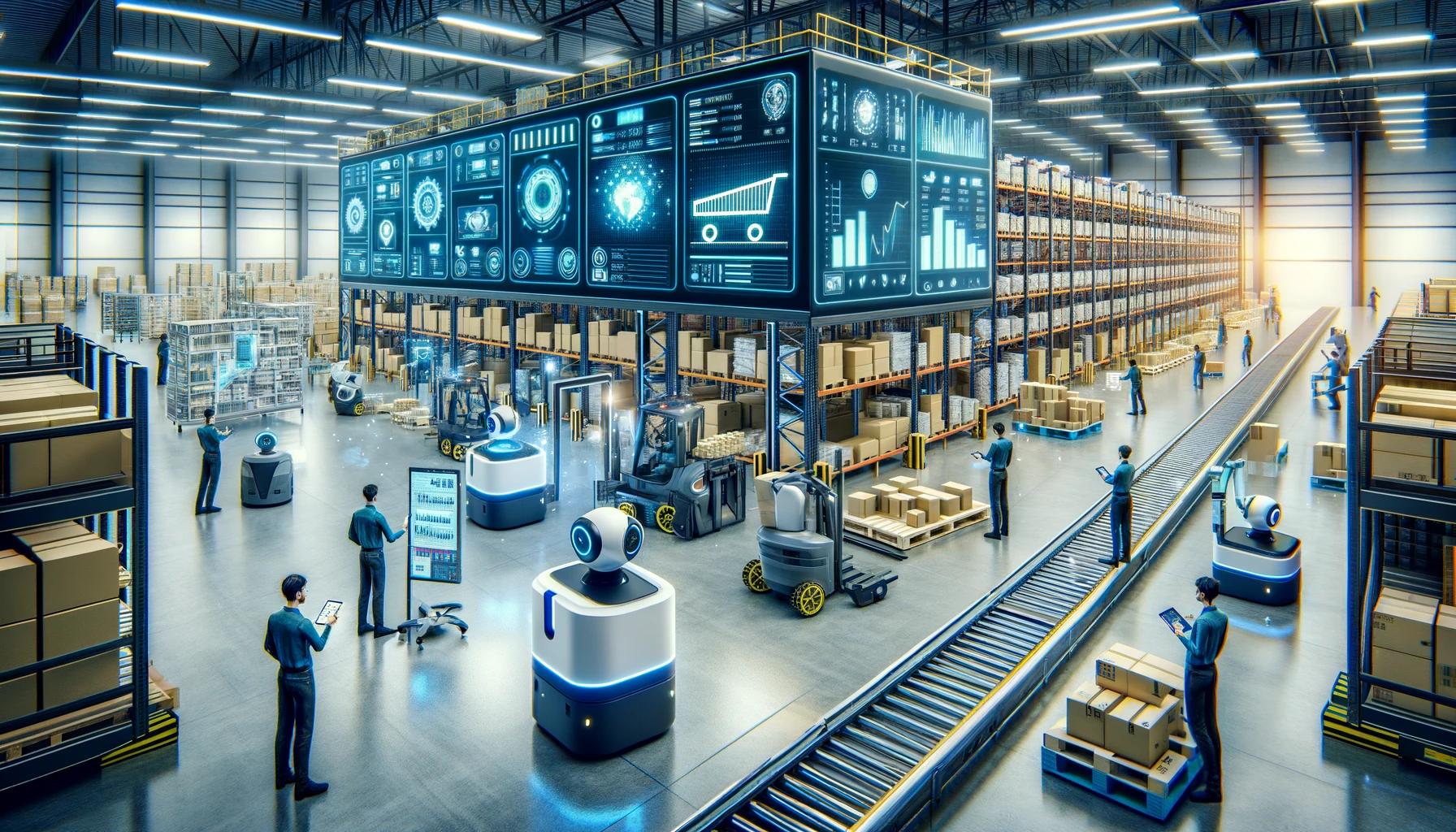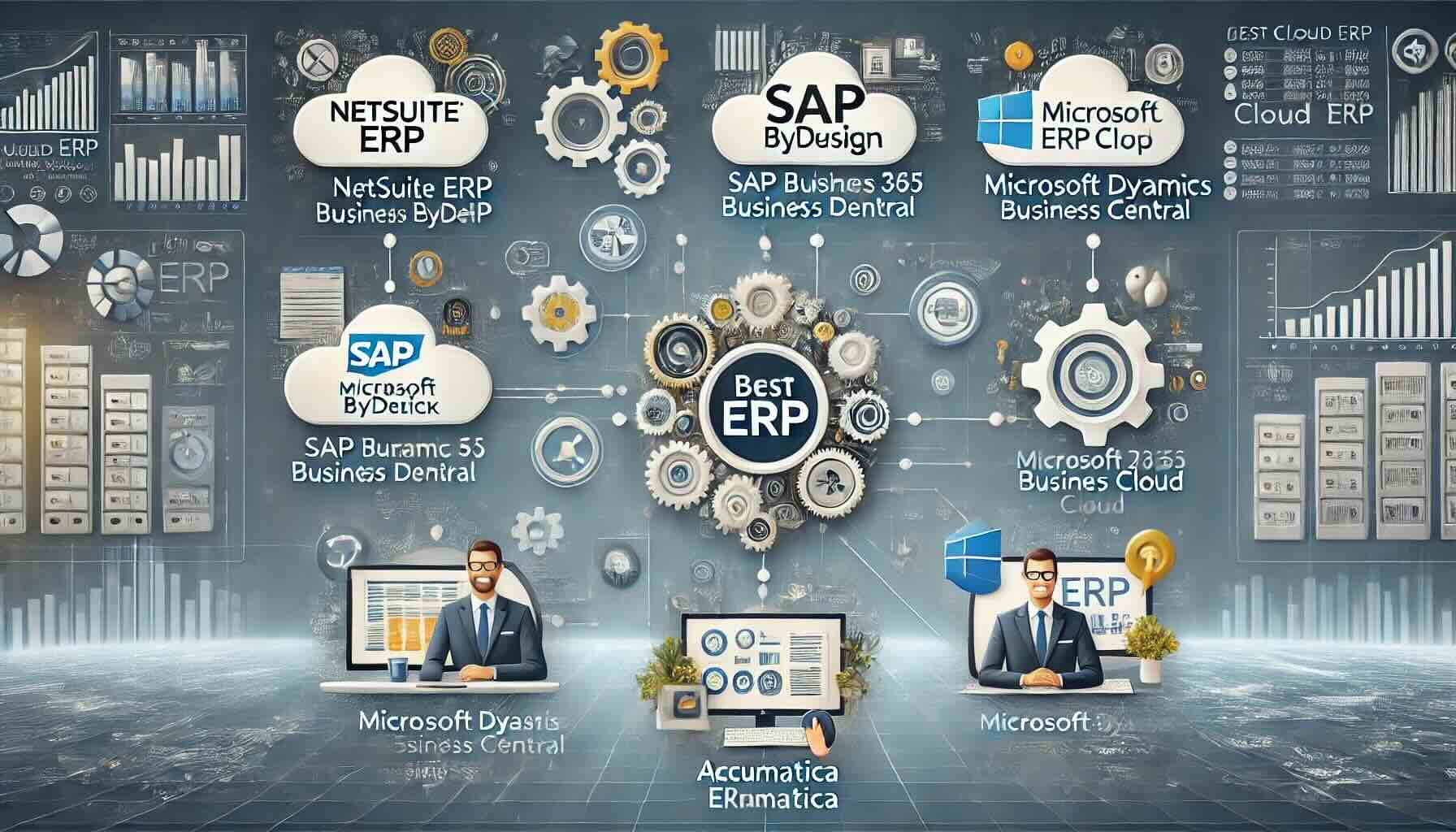Best ERP Solutions for Manufacturing Businesses

As manufacturing grows more complex and digitally driven, businesses must prioritize efficiency, precision, and adaptability to stay ahead. An Enterprise Resource Planning (ERP) system can be a game-changer, offering a centralized platform to manage operations, improve decision-making, and drive growth. But with so many options available, how do you choose the best ERP for manufacturing?
This guide highlights the top ERP solutions designed specifically for the needs of manufacturing businesses, from small shops to large enterprises.
Why Manufacturers Need ERP
Manufacturing companies face multifaceted challenges: managing supply chains, controlling inventory, optimizing production schedules, ensuring compliance, and delivering on time. ERP software integrates core business processes into a single system, enabling real-time data access and better collaboration across departments.
Key benefits of ERP for manufacturing include:
-
Improved operational efficiency
-
Accurate demand forecasting
-
Better inventory management
-
Enhanced supply chain visibility
-
Compliance tracking and quality control
-
Cost reduction through process automation
What to Look for in a Manufacturing ERP
Before exploring the best ERP for manufacturing, it’s essential to understand the features that matter most:
-
Production Planning and Scheduling
-
Inventory and Warehouse Management
-
Bill of Materials (BOM) Management
-
Quality Control and Compliance Tools
-
Shop Floor Control
-
Integration with CAD/CAM systems
-
Mobile and cloud access
-
Customization and scalability
Top ERP Solutions for Manufacturing in 2025
Here are some of the best ERP platforms tailored for manufacturing businesses in 2025:
1. Oracle NetSuite ERP
Best for: Mid-sized to large manufacturers
NetSuite offers a robust cloud-based ERP platform that’s ideal for manufacturers looking to scale. With integrated modules for production planning, inventory, procurement, and financials, NetSuite enables end-to-end visibility and control.
Key Features:
-
Demand planning and MRP
-
Shop floor management
-
Real-time analytics
-
Integrated CRM and eCommerce
-
Customizable dashboards
To find out more about NetSuite you can visit this link.
2. SAP S/4HANA
Best for: Large enterprises and global manufacturers
SAP S/4HANA is an intelligent ERP suite known for its depth and scalability. It’s ideal for complex manufacturing environments, offering advanced features like AI-driven analytics and IoT integration.
Key Features:
-
Real-time data processing
-
Industry-specific modules (discrete, process, etc.)
-
Predictive analytics and AI
-
Global compliance tools
-
Integration with MES and SCM systems
To find out more about SAP S/4HANA you can visit this link.
3. Microsoft Dynamics 365 Business Central
Best for: Small to mid-sized manufacturers
Microsoft Dynamics 365 is a flexible, cloud-based ERP that integrates seamlessly with other Microsoft tools like Excel, Teams, and Power BI. Business Central is particularly popular among small manufacturers looking for an affordable yet comprehensive solution.
Key Features:
-
Financial and inventory management
-
Production order processing
-
Project management tools
-
Power BI integration for analytics
-
Strong partner ecosystem for add-ons
To find out more about Microsoft you can visit this link.
4. Infor CloudSuite Industrial (SyteLine)
Best for: Custom and engineer-to-order manufacturers
Infor CloudSuite Industrial (formerly SyteLine) is a purpose-built ERP for manufacturers. Its strength lies in handling complex manufacturing processes and workflows with ease.
Key Features:
-
Advanced planning and scheduling (APS)
-
Product lifecycle management (PLM)
-
Multi-site and multi-currency support
-
Cloud or on-premise deployment
-
Built-in business intelligence tools
To find out more about Infor you can visit this link.
5. Epicor Kinetic
Best for: Discrete manufacturers and job shops
Epicor Kinetic offers a modern and customizable ERP designed specifically for manufacturing. It excels at helping job shops and discrete manufacturers improve efficiency through real-time data and flexible workflows.
Key Features:
-
MES and shop floor data collection
-
Advanced quality management
-
Embedded analytics and dashboards
-
Role-based home pages
-
Intuitive low-code customization
To find out more about Epicor you can visit this link.
Choosing the Right ERP for Your Manufacturing Business
There’s no one-size-fits-all ERP – the best solution will depend on your unique priorities, challenges, and goals. Whether you’re focused on scaling operations, improving visibility, enhancing production efficiency, or managing costs, it’s important to align your ERP choice with what matters most to your business.
When evaluating options, consider factors like:
-
Business Objectives: What are the key outcomes you want to achieve – growth, automation, compliance, visibility, or agility?
-
Operational Complexity: Do you need support for multiple locations, custom workflows, or advanced manufacturing processes?
-
Technology Preferences: Are you looking for a cloud-based system, on-premise deployment, or hybrid flexibility?
-
Ease of Use: Will your team be able to adopt and use the system effectively with minimal training?
-
Integration Needs: Does the ERP connect smoothly with your existing software and tools?
-
Scalability: Can the solution evolve with your business as it grows or changes?
Taking time to assess your specific needs ensures you select a system that truly supports your operations and sets you up for long-term success.
Final Thoughts
The right ERP system can transform your manufacturing operations, improving everything from production planning to customer delivery. Whether you’re a growing job shop or a global enterprise, the right solution is out there – tailored to your goals and ready to help you scale.
Find the Perfect ERP in Minutes
Choosing the right ERP can truly revolutionize your business. With our AI-powered Compare ERP tool, you can quickly explore and evaluate solutions customized to your needs. In under five minutes, you’ll receive a personalized recommendation based on your specific priorities.
Our advanced engine analyzes millions of data points across 100+ ERP platforms to deliver your top three options – saving you time, effort, and guesswork. Best of all, it’s completely free.
Take the first step toward streamlined operations and higher productivity and start comparing today!









